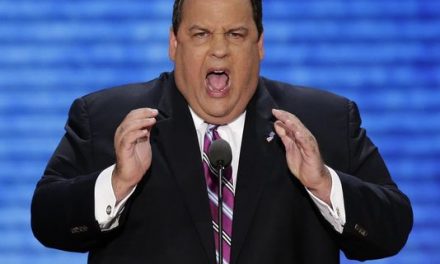As first written in the Lansing State Journal, Medicare D is
a giveaway to pharmaceutical firms because Congress barred Medicare from negotiating deep discounts in drug prices – a practice used effectively in other government programs.
Now, a second article in the San Diego Union Tribune has further emphasized the influence of lobbying on Medicare D. The article stated that Medicare D was passed by the use of
strong-arm tactics to push it through the House by pharmaceutical and health care companies showering campaign gifts on key lawmakers, and cozy arrangements for those who wrote the bill and then departed for lucrative jobs as lobbyists.
contnued
“It’s [Medicare D is] a perfect example for lobbying reform, because pharmacies got everything and the customers got nothing.”
said Rep. Bob Filner, D-San Diego.
However, this is disputed by an ex-congressional staffer, Ken Johnson, who is currently a vice-president, of one of Big Pharma’s interest groups, Pharmaceutical Research and Manufacturers of America, or PhRMA.
“You don’t see lobbyists in the office any more than you see people from back home…Lobbyists have influence on the Hill, but not as much as you might think.”
Johnson’s statement is also being disputed by Larry Noble, executive director of the Center for Responsive Politic.
“What you’re seeing here is what happens when a pharmaceutical industry, through lobbying and campaign contributions and influence buying, gets a program that it wants…What the industry lobbied against was any type of uniform system, and they very much got free rein over what they were going to offer and how they were going to offer it.”
Noble further claims that the
“influence buying”
is illustrated, he said, in the case of former Rep. Billy Tauzin (the Louisiana Republican who was chairman of the House Energy and Commerce Committee and who oversaw regulation of the pharmaceutical industry). Tauzin assisted in drafting major parts of Medicare D. Coincidentally, he left office and became president of PhRMA after Medicare D was passed. That gave him enormous input with respect to health care policy/further legislation in DC.
This is a link to Big Pharma’s Long-Term Contribution Trends. Notice the increases in the years 2000 and 2002, prior to the passage of Medicare D, and the decrease in 2004, and what has so far been recorded for this year.
The San Diego Union Tribune also published the following amounts that were received by members of Congress and the Senate.
Tauzin got $274,500; Rep. Bill Thomas, R-Bakersfield, got more than $432,000; Sen. Orrin Hatch, R-Utah, took almost $427,000; Rep. Nancy Johnson, R-Conn., took $731,517; Sen. Max Baucus, D-Mont., received $271,649; and Sen. Charles Grassley, R-Iowa, took $296,429.
It was also reported that 10 companies that won federal contracts to offer coverage under Medicare D, including California-based Pacificare Health Systems, gave a collective $6.5 million to members of Congress over the past six years.
And Medicare is now prohibited from negotiating for the best possible price for rx’s, under legislation that was also passed. This legislation increases the profits of Big Pharma at the taxpayer’s expense.
Market forces at work?






